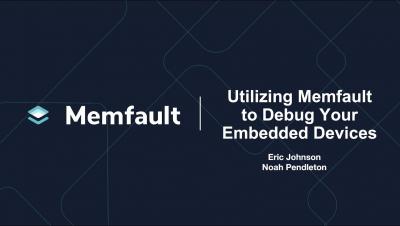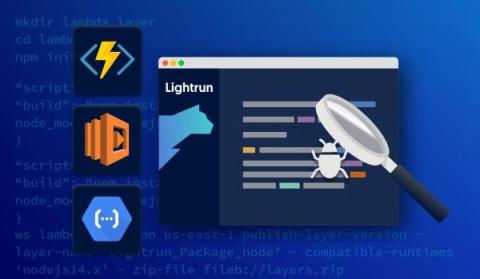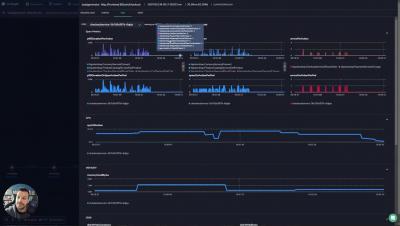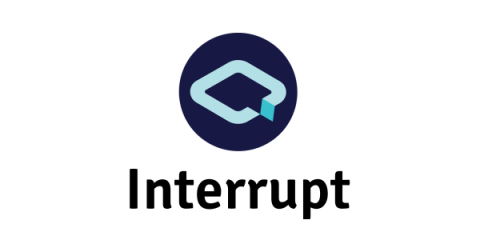Code Mappings and Why They Matter
Code Mappings connect errors to the source code in a repository. And since errors can have paths that are different from the tree structure of the repository, Code Mappings determines the accurate path through a combination of a repository URL and a path transformation. Sentry uses Code Mappings to serve issue context on the issue details page.











